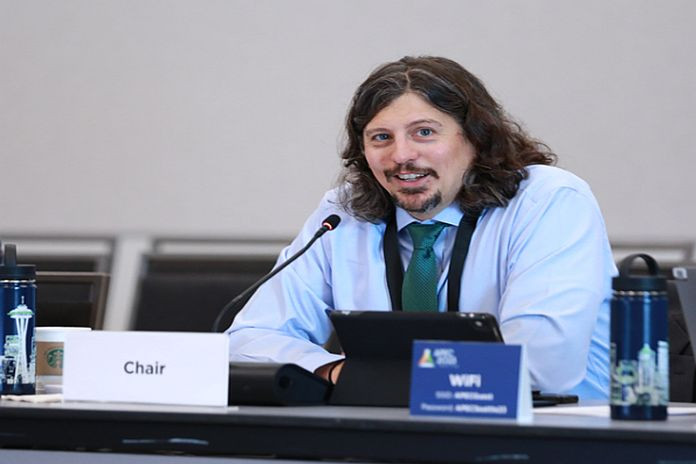By Anti-Corruption and Transparency Experts Working Group
SEATTLE, USA – Ethical business conduct is vital to the sustainable growth of APEC economies and the competitiveness of the region’s businesses. High standards in business ethics are crucial to creating an enabling environment and contributing to the sustainable growth of small and medium-sized enterprises (SMEs).
Public and private sector experts convened this week in Seattle to share best practices and innovative government strategies to encourage ethical business practices and identify opportunities to pilot strategies in APEC member economies.
Efforts to promote ethical business conduct is particularly important to the region as governments and economies recover from COVID-19. While businesses are obliged to adopt ethical practices and compliance activities, there is an opportunity for governments to take proactive steps to encourage anti-corruption prevention measures. APEC members have committed to bolster and promote public-private partnerships recognizing the important role of the private sector in fighting corruption.
“We consistently bring in the private sector as critical actors in the fight against corruption to help level the playing field and improve the international business climate,” said Richard Nephew, Chair of the APEC Anti-Corruption and Transparency Experts Working Group (ACTWG). “This is especially critical for small businesses, which often do not have the same resources to mitigate credit risks as larger entities.”
Central to the discussion was the role of governments in encouraging business conduct, government-supported business ethics training and SME capacity building, enforcement recognition and incentives, regulatory systems and practices, public procurement, as well as anti-corruption collective action initiatives.
Representatives from the public sector illustrated the diverse ways governments are collaborating with different stakeholders to support ethical business conduct. They also detailed cases and best practices, as well as explored areas of possible future cooperation.
Private sector experts shared the challenges and opportunities in collaborating with the public sector to promote ethical business conduct. A number of small business leaders also joined the dialogue.
The APEC region is home to more than 150 million micro, small and medium enterprises (MSMEs), representing around two-thirds of the total job market and contributing between 40 to 60 percent of APEC economies’ GDP. Often operating in difficult environments, they are highly vulnerable to corruption in all its forms.
MSMEs mostly lack resources, knowledge and experience to implement effective anti-corruption measures and comply with international standards and applicable legal rules. Their growing challenges can also stem from the lack of transparency and instability of regulation and operating practices in the public sector.
Nephew, who is also the US coordinator on global anti-corruption, emphasized the need for cooperation to take proactive steps to encourage ethical business conduct as a corruption prevention measure. “Broadly speaking, if we are to foster fair and inclusive and successful economies, we need to work together.”
“Ethical business conduct strengthens the quality of and confidence in products and services while fostering innovation by enhancing trusted collaboration and spurring new investment,” Nephew concluded. “The collective prosperity of APEC member economies is supported when ethical business conduct is implemented through high-standard, sector-specific best practices.”
The public-private dialogue, a collaboration between the ACTWG and the APEC Small and Medium Enterprises Working Group, was built on previously detailed activities under the APEC Business Ethics for SMEs Forum that aims to promote awareness and understanding of government strategies to promote ethical business practices.





